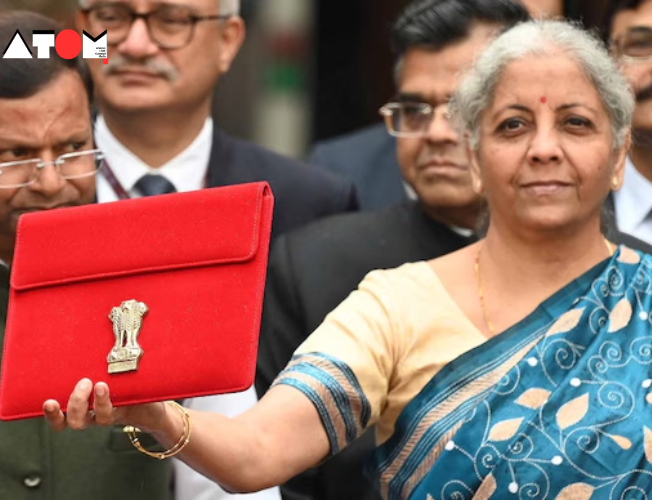Startups and investors are looking forward to the Union Budget 2024 in India, since the country’s thriving startup environment will be supported by significant sectoral support and reforms. Here are the expectations of stakeholders for Modi 3.0, ranging from streamlining tax regulations to encouraging investments in particular sectors.
Key Expectations and Reforms
Startups in a variety of industries, such as deeptech, gaming, fintech, and mobility, are hoping for advantageous budgetary allotments that would promote innovation and expansion in their specific fields. The removal or revision of the controversial angel tax, which has historically discouraged both domestic and foreign investors from backing early-stage firms, is one of the main requests.
Impact of Angel Tax
Startups are heavily burdened by the angel tax, which is regulated by Section 56(2) VII B of the Income Tax Act and taxes any capital raised beyond fair market value as income at a rate higher than 30%. Leaders in the field, such as Anirudh A. Damani of Artha Venture Fund, stress that getting rid of this tax would boost investor confidence and create a more favourable atmosphere for investing businesses.
Calls for Fund of Funds Scheme
Apart from mitigating angel tax issues, there is an increasing demand for the implementation of an additional Fund of Funds programme to increase the amount of domestic capital available to entrepreneurs. By reducing reliance on foreign investments during the current financial winter, this programme hopes to boost the growth trajectory of domestic businesses.
Simplified Tax Regime
Investors and startups alike are pushing for a more straightforward tax system that expedites compliance procedures. The complex tax laws that are in place now frequently take important resources away from essential corporate operations. Simplifying these procedures could greatly reduce operational costs and quicken the rate of company growth.
Sector-Specific Expectations
Deeptech: A major budgetary expectation from technology startups is the operationalization of the Rs 1 trillion deeptech fund. Industry proponents stress the importance of increased investments in fundamental research and applied sciences to catalyze innovation-driven startups.
Gaming: With India emerging as the world’s second-largest gaming market, stakeholders seek clarity on the 28% GST on online gaming. They anticipate progressive taxation policies and dedicated budget allocations for the Animation, Visual Effects, Gaming, Comics, and Extended Reality (AVGC-XR) segment to foster domestic game development capabilities.
Mobility: In the burgeoning electric vehicle (EV) sector, startups eagerly await the announcement of incentives under the FAME 3 initiative. Expected to receive a substantial outlay of approximately Rs 10,000 crore, FAME 3 aims to accelerate EV adoption through enhanced infrastructure development and incentives for battery technology research.
Results
Stakeholders in India’s startup ecosystem are excited about revolutionary reforms and targeted investments that would spur innovation, job creation, and economic growth as Prime Minister Narendra Modi gets ready to deliver the Union Budget 2024. The financial choices made now will likely create a resilient and dynamic startup environment in the years to come.
Read more: Marketing News, Advertising News, PR and Finance News, Digital News





